Math for Data Scientist: Required Chapters
Mathematics is the cornerstone of Data Science. Although some theorems, axioms and formulas seem to be too abstract and far from practice, in fact, without them, it is impossible to truly deeply analyze and systematize huge data arrays.
For a Data Science specialist, the following areas of mathematics are important:
In a previous article, “Data Science: Books for the Initial Level,” Plarium Krasnodar experts recommended literature on programming in Python, as well as on visualization of results and machine learning. In this article, they offer a selection of math materials and books useful in Data Science.
')

It is difficult to overestimate the importance of statistical knowledge for Data Scientist of any level. All classic machine learning is based on statistical learning. Moreover, standard A / B tests are based on it.
Sources for inspiration:
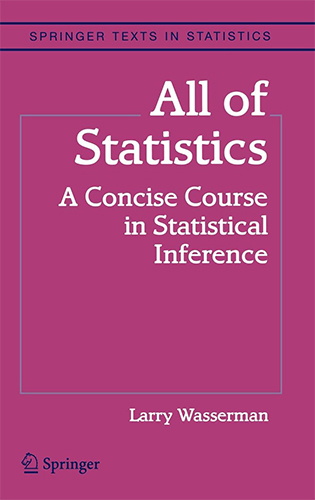
All of statistics
Larry wasserman
As the author himself writes: “This book is for people who want to learn the statistics quickly.”
The book provides all the main provisions of the theory of probability and statistics.
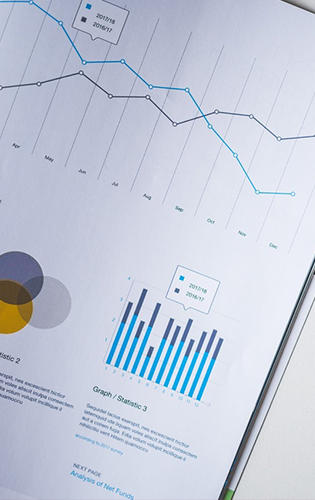
Basics of Statistics (3 parts)
Stepik educational platform
Course statistics for beginners. Covers all elementary concepts.
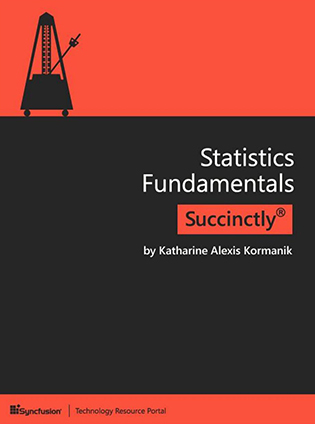
Statistics Fundamentals Succinctly Katharine
Alexis Kormanik
In the previous article this book has already been recommended, but it will not be superfluous to repeat it. :-)
The first sections provide basic definitions with illustrations and comments, and in the latter, the significance of the T and Z tests is revealed. The materials are set out in an accessible language, with the minimum necessary mathematical apparatus. This guide is a great introduction to statistics from a practical point of view.
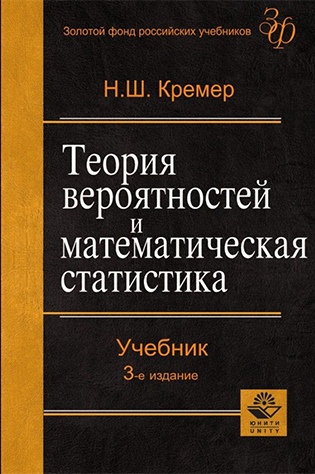
Theory of Probability and Mathematical Statistics
N. Sh. Kremer
The textbook is aimed at economists, so the complexity and depth of the concepts does not shock the newcomer to Data Science. Suitable for learning the basics before immersion in the relevant literature.
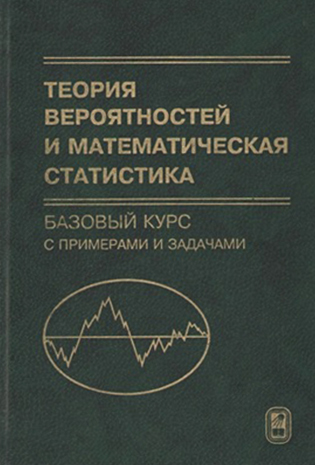
Theory of Probability and Mathematical Statistics
A. I. Kibzun, E. R. Goryainova, A. V. Naumov, A. N. Sirotin
This basic course provides deeper insights than the previous one. Besides
The theory includes practical assignments and reference materials.

Basic concepts of probability theory and mathematical statistics
M. Ya. Kelbert, Yu. M. Sukhov
A great option for those who are already familiar with the topic and want to get a deeper knowledge.
At first glance, this direction is necessary more in the walls of universities, but without it, it will not be possible to deal with backpropagation or to master the course on deep learning.
Having filled the gaps in statistics, it's time to start studying the materials in this section. And there are a lot of them.

Calculus
edX
The course from the Massachusetts Institute of Technology, consisting of 3 parts:
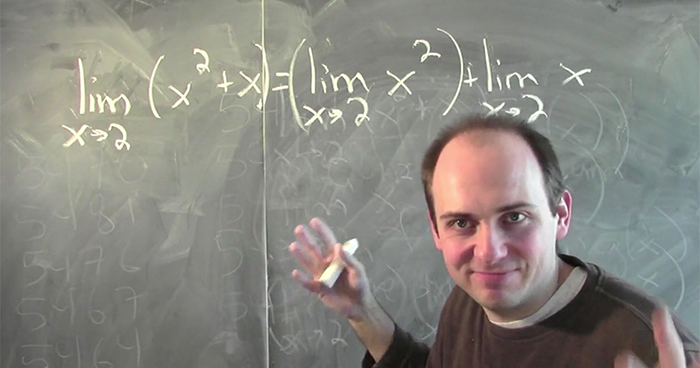
Calculus One
Coursera Educational Platform
The course is aimed at beginners, but a convenient presentation of material will help refresh the memory and experienced Data Scientist.

Khan Academy
Educational platform
A variety of materials presented on the resource, perfect for the start of the study of mathematics, programming and computer science.
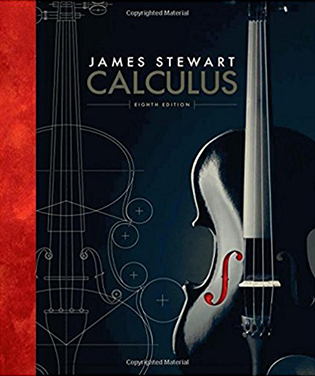
Calculus
James stewart
The book is famous for its thoroughly developed content and quite simple language.

Course of mathematical analysis
L. D. Kudryavtsev
For those who want to get more fundamental knowledge of differential and integral calculi, theory of series, functional and harmonic analysis.
You can also pay attention to two courses from MIT:
Without this section of mathematics, it will not be possible to develop methods of machine learning, model the behavior of various objects, or optimize the process of clustering and reducing the dimensionality of data description.

Linear algebra
Georgi E. Shilov
The textbook presents well-developed material. The book is suitable for studying introductory course in linear algebra.

Linear algebra
V. A. Ilyin, E. G. Poznyak
This textbook was written on the basis of lectures by teachers of the Faculty of Physics of Moscow State University. All materials are set out in an accessible language and are suitable for in-depth study of the basic theories of linear algebra.
And finally, another recommendation is the MIT Linear Algebra training course. He reveals the theory of matrices and the positions of linear algebra.
For a Data Science specialist, the following areas of mathematics are important:
- statistics;
- probability theory;
- mathematical analysis;
- linear algebra.
In a previous article, “Data Science: Books for the Initial Level,” Plarium Krasnodar experts recommended literature on programming in Python, as well as on visualization of results and machine learning. In this article, they offer a selection of math materials and books useful in Data Science.
')

Statistics and probability theory
It is difficult to overestimate the importance of statistical knowledge for Data Scientist of any level. All classic machine learning is based on statistical learning. Moreover, standard A / B tests are based on it.
Sources for inspiration:

All of statistics
Larry wasserman
As the author himself writes: “This book is for people who want to learn the statistics quickly.”
The book provides all the main provisions of the theory of probability and statistics.

Basics of Statistics (3 parts)
Stepik educational platform
Course statistics for beginners. Covers all elementary concepts.

Statistics Fundamentals Succinctly Katharine
Alexis Kormanik
In the previous article this book has already been recommended, but it will not be superfluous to repeat it. :-)
The first sections provide basic definitions with illustrations and comments, and in the latter, the significance of the T and Z tests is revealed. The materials are set out in an accessible language, with the minimum necessary mathematical apparatus. This guide is a great introduction to statistics from a practical point of view.

Theory of Probability and Mathematical Statistics
N. Sh. Kremer
The textbook is aimed at economists, so the complexity and depth of the concepts does not shock the newcomer to Data Science. Suitable for learning the basics before immersion in the relevant literature.

Theory of Probability and Mathematical Statistics
A. I. Kibzun, E. R. Goryainova, A. V. Naumov, A. N. Sirotin
This basic course provides deeper insights than the previous one. Besides
The theory includes practical assignments and reference materials.

Basic concepts of probability theory and mathematical statistics
M. Ya. Kelbert, Yu. M. Sukhov
A great option for those who are already familiar with the topic and want to get a deeper knowledge.
Mathematical analysis
At first glance, this direction is necessary more in the walls of universities, but without it, it will not be possible to deal with backpropagation or to master the course on deep learning.
Having filled the gaps in statistics, it's time to start studying the materials in this section. And there are a lot of them.

Calculus
edX
The course from the Massachusetts Institute of Technology, consisting of 3 parts:
- Calculus 1A: Differentiation - a course on finding the derivative, its geometric interpretation and physical meaning.
- Calculus 1B: Integration - a course on finding the integral, its connection with the derivative and application in engineering design, scientific analysis, probability theory and statistics.
- Calculus 1C: Coordinate Systems & Infinite Series - course on the calculation of curves, coordinate systems, approximation of functions to polynomials and infinite series. All this is necessary for the construction of mathematical models of the real world.

Calculus One
Coursera Educational Platform
The course is aimed at beginners, but a convenient presentation of material will help refresh the memory and experienced Data Scientist.

Khan Academy
Educational platform
A variety of materials presented on the resource, perfect for the start of the study of mathematics, programming and computer science.

Calculus
James stewart
The book is famous for its thoroughly developed content and quite simple language.

Course of mathematical analysis
L. D. Kudryavtsev
For those who want to get more fundamental knowledge of differential and integral calculi, theory of series, functional and harmonic analysis.
You can also pay attention to two courses from MIT:
- Single Variable Calculus - a course for independent study of differentiation, integral calculus and infinite series.
- Multivariable Calculus is another course for self-study of differentiation, as well as integral and vector calculus of functions of several variables.
Linear algebra
Without this section of mathematics, it will not be possible to develop methods of machine learning, model the behavior of various objects, or optimize the process of clustering and reducing the dimensionality of data description.

Linear algebra
Georgi E. Shilov
The textbook presents well-developed material. The book is suitable for studying introductory course in linear algebra.

Linear algebra
V. A. Ilyin, E. G. Poznyak
This textbook was written on the basis of lectures by teachers of the Faculty of Physics of Moscow State University. All materials are set out in an accessible language and are suitable for in-depth study of the basic theories of linear algebra.
And finally, another recommendation is the MIT Linear Algebra training course. He reveals the theory of matrices and the positions of linear algebra.
Source: https://habr.com/ru/post/442772/
All Articles